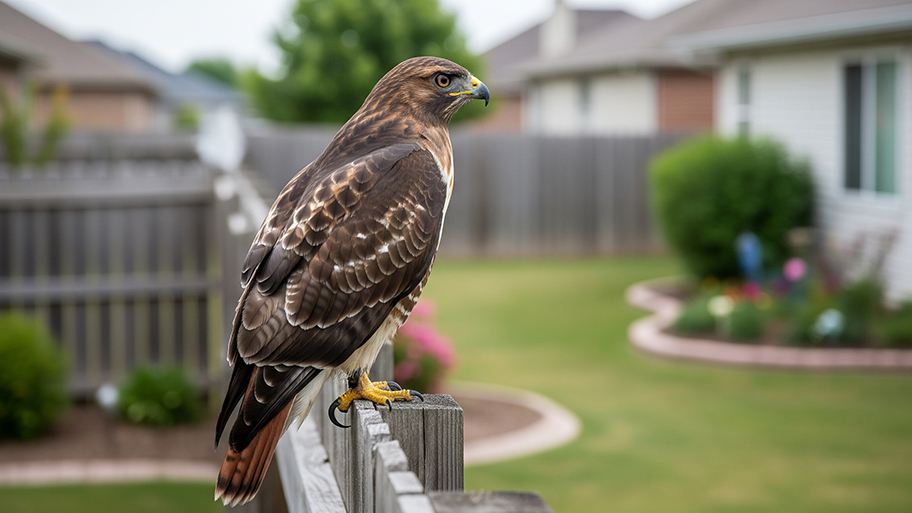
Get matched with top animal removal specialists in Lewisville, ID
Enter your ZIP and get matched with up to 5 pros
Need a pro for your animal removal project in Lewisville, ID?
Verified Reviews for Animal Removal pros in Lewisville, ID
*The Angi rating for Animal Removal companies in Lewisville, ID is a rating based on verified reviews from our community of homeowners who have used these pros to meet their Animal Removal needs.
*The HomeAdvisor rating for Animal Removal companies in Lewisville, ID is a rating based on verified reviews from our community of homeowners who have used these pros to meet their Animal Removal needs.
Last update on December 05, 2025
Find Animal removal specialists in Lewisville
Gem State Pest Solutions
Gem State Pest Solutions
Pest Control for Idaho Falls, Pocatello, Blackfoot and other Eastern Idaho locations. At Gem State Pest Solutions, our mission is to find pests, remove them from your home or business, and use regular pest control treatments to keep them from coming back. Our technicians are licensed pest control applicators (Idaho State Department of Agriculture) who put customers first.
Pest Control for Idaho Falls, Pocatello, Blackfoot and other Eastern Idaho locations. At Gem State Pest Solutions, our mission is to find pests, remove them from your home or business, and use regular pest control treatments to keep them from coming back. Our technicians are licensed pest control applicators (Idaho State Department of Agriculture) who put customers first.
Cutler Dead Animal Removal
Cutler Dead Animal Removal
Do you have a dead animal that you can't haul away? Cutler Dead Animal Removal is here for you. We've been serving the Pocatello area for over 20 years with 24 hour emergency carcass removal, so you can call when they're fresh! We are fully licensed and insured with all the right equipment to get the job done. animal carcass removal, carcass removal, carcass removal service, carcass removal company, animal carcass removal company ---- animal carcass removal service, animal control service, animal control company, animal control and removal, animal control and removal service
Do you have a dead animal that you can't haul away? Cutler Dead Animal Removal is here for you. We've been serving the Pocatello area for over 20 years with 24 hour emergency carcass removal, so you can call when they're fresh! We are fully licensed and insured with all the right equipment to get the job done. animal carcass removal, carcass removal, carcass removal service, carcass removal company, animal carcass removal company ---- animal carcass removal service, animal control service, animal control company, animal control and removal, animal control and removal service
The Lewisville, ID homeowners’ guide to animal removal services
From average costs to expert advice, get all the answers you need to get your job done.

Your skunk removal cost will depend on several factors, including type, location, and more. Our guide will cover everything you need to know about skunk removal costs.

The cost to remove a groundhog can vary depending on where you live and whether you do it yourself or hire a professional. We’ll help you figure out the true cost of groundhog removal, along with strategies for humane trapping and release.

If iguanas are plaguing your home and destroying your property, proper removal is key. Learn the costs to expect from an iguana removal service.
Not sure how to get rid of animals in your attic? Get comprehensive tips to identify what’s up there and how to send them packing from your home.

Hawks are expert overhead hunters. To protect your pets and the little birds visiting your backyard, learn how to keep hawks away with these humane strategies.

Find out how to keep unwanted animals out of your yard with these easy tips and tricks so you can enjoy your property in peace.
- 🌱 "Mow a small front yard"
- 🛠 "Fix a leaking pipe under the sink"
- 🏠 "Repair shingles on an asphalt roof"